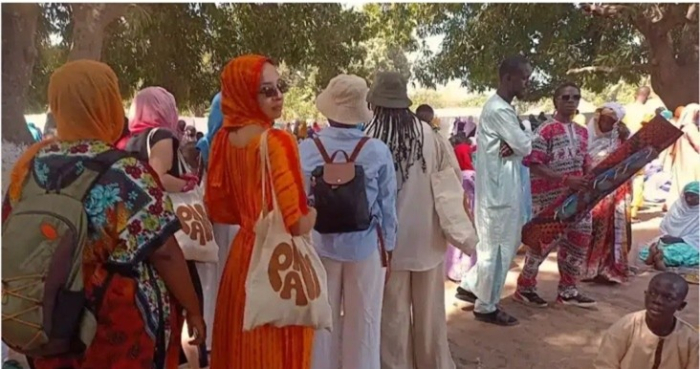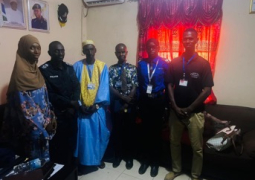
In The Gambia, the tradition of slaughtering rams is both a religious and cultural hallmark. Yet, for many families, fulfilling this rite has become increasingly difficult.
However, as Eidul Adha which is also known as Tobaski concludes, there is no doubt that certain families would begin a new life of struggle having spent all their earnings to celebrate the feast.
The Point takes a closer look to gauge the condition of individuals and families in the aftermath of the Tobaski on how people feel the pinch of the effect of the feast having spent almost an entire income for the feast.
Fatou Darboe, a vendor at the Brikama Central Market, observed that this year’s Eid came with a struggle and that all the profit she made was spent on the feast.
“I have nothing in my account as I speak. I took a loan of D20,000 and I spent all that money. I still wonder how I will survive for the rest of the year, knowing that I have to repay that money anytime soon.”
Fatou also emphasised that parents have literally no choice especially when children insist in getting new clothes. “I will never be bothered when I do not have new cloths but children would not understand that especially when their mates put on new outfits. I have seven children that I bought cloths for, not to talk of sewing fee which is never cheap.”
For Fatoumatta Fatty, it is not worth putting oneself under pressure in celebrating Tobaski. According to her, some people especially ladies would be on social media for unnecessary competition just to show off.
“Social media can be deceiving—most people only show what they want others to see, therefore you won’t see the struggle behind the scenes.’’
She urged people particularly ladies to avoid taking loans and be content with the income they have without putting themselves and their husbands in any stressful condition in the name of the feast. “It’s not relevant being in debt just to keep up an appearance. After the Eid, the burden of paying back the loan can be very challenging.”
Modou Lamin Sanneh, a family head, talked on the need to plan in the build up and after Tobaski to avoid facing financial challenges. “It is not easy as a family head when Eid approaches. However, planning helps a lot knowing that after the Tobaski, the daily spending continues,” he pointed out.
Adama Sanneh, a tailor, however, defended the hiking sewing prices, saying: "Our workload doubles during the Eid season. We're not trying to fleece anyone. We're working round the clock, and if we don't charge a bit more, we can't maintain the quality or meet deadlines."
Another local tailor re-echoed similar sentiment.
Kawsu M. Drammeh highlighted that it’s not mandatory for one to spend everything during Eid especially when you have limited resources. “Eid celebration should not be a burden on Muslims and one should not compel him/herself to do what is beyond their capacity. If one does not have the financial means to offer the sacrifice, then they should not force their way as it is not compulsory,” he stressed.



